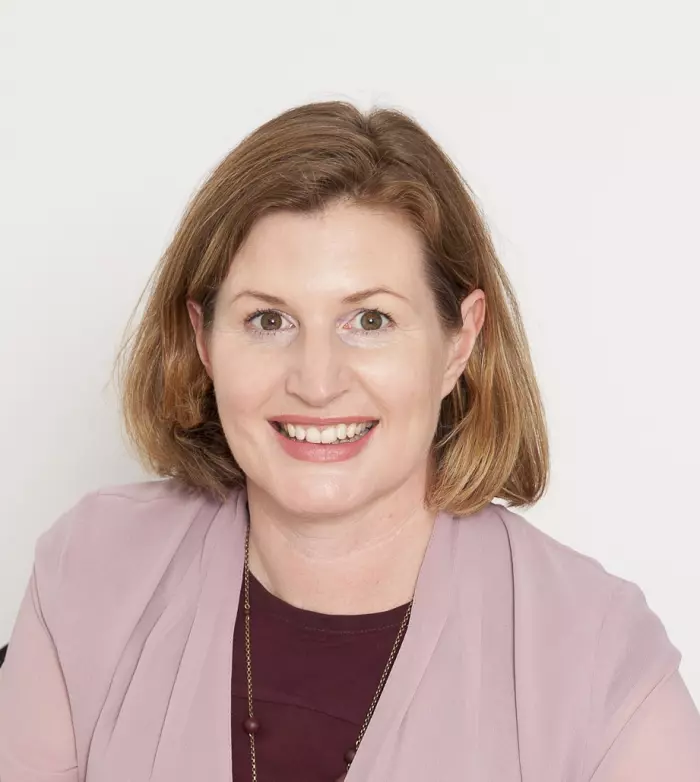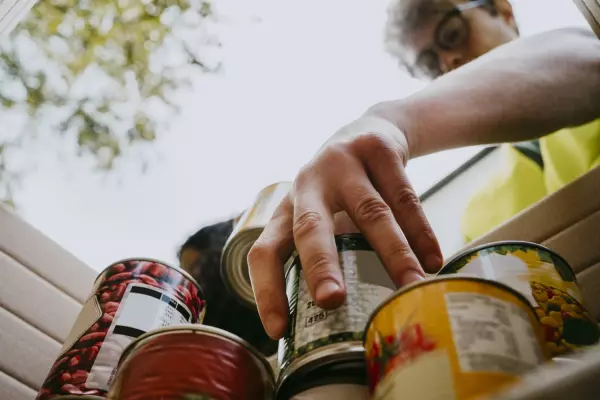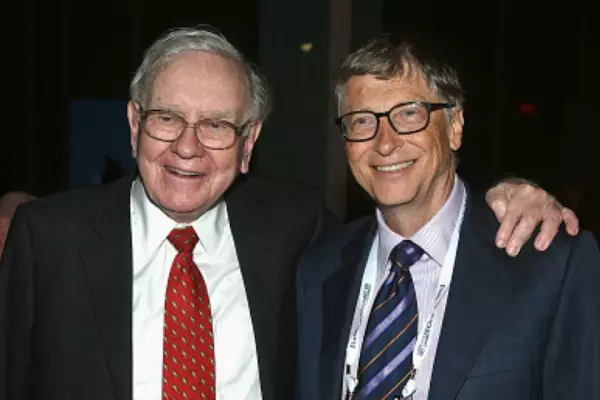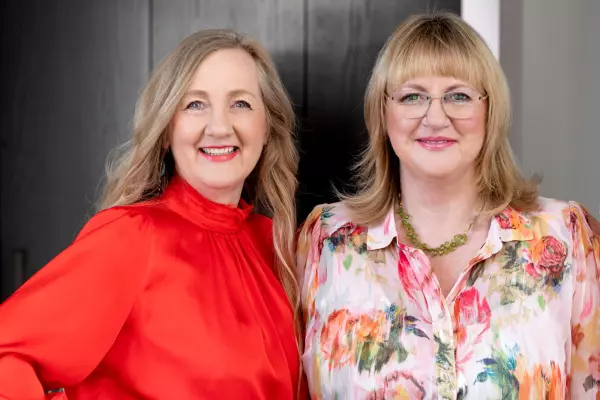A new online matchmaking service pairing funders and charities has launched with the goal of making funding more accessible and equitable.
Philanthropy New Zealand Tōpūtanga Tuku Aroha o Aotearoa has been working on the service, called Match Te Puna Taurite, since 2020.
While the website launched late last week, Philanthropy NZ is still conducting tests and doesn't expect to announce a final go-live date when users can register for the service until mid-April.
Match allows charities to upload funding requests describing the work they do and gives funders access to charities they might otherwise struggle to find.
“Many funders tell us they know there are smaller and lesser known charities also doing amazing work in their communities, but they’re harder to find and don’t have the resource to put into fundraising,” Philanthropy NZ chief executive Sue McCabe said.
“Charities tell us how difficult it is to discover potential funders and apply for grants. It’s time-consuming, often doesn’t generate funds, and takes precious resources away from their work helping New Zealand’s communities.”
$3.8 billion sector
A 2020 report by financial consultants JBWere estimated philanthropy and grantmaking was worth $3.8b in 2018. However, the report also found the largest 9% of charities receive 91% of all donations.
Attendees of the annual sector meeting held by regulator Charities Services last October expressed hope Match would help address this discrepancy by making smaller charities more visible.
Lee-Ann Duncan, board secretary for Lower Hutt-based music education charity Arohanui Strings, said fundraising was a constant and ongoing issue.
The launch of Match was a positive development for the sector, she said.
“As a tiny charity, working in the arts, teaching music to children — mostly Māori, Pasifika and migrant communities — for free, the ability to get in front of heaps of potential funders, many that we’ve never heard of, with just one application is just amazing.”
There are more than 28,000 registered charities in NZ.
Match is free for small charities, but larger charities have to pay an annual subscription, as do funders. The service is intended for larger funders who intend to provide a minimum of $20,000 a year.
According to a press release by Philanthropy NZ, the organisation particularly wants to support more funding to groups working with communities underserved by philanthropy, including Māori, Pasifika, rainbow, ethnic and disability communities.
In an interview with BusinessDesk, McCabe said charities using Match would be able to self-identify using a range of criteria, including whether they are kaupapa Māori organisations or if they are led by the same people as the groups they serve.
“That will help funders find those groups that are by the community for the community,” she said.
McCabe said the service had been designed to be as easy as possible for both fundseekers and funders. It would be particularly useful during an emergency, she noted, as funders could easily find groups working on emergency responses.
Covid-19
Covid-19 has had a mixed impact on the charitable sector, with organisations facing challenges including uncertainty about funding and delivering services.
A 2021 survey of organisations working in the community and voluntary sector found more than a third of respondents reported no change in funding and revenue levels; 23.1% reported an increase and 36.8% experienced a serious decline.
McCabe said community need had gone up due to covid-19.
“Fundraising is hard work and it’s only got harder because of the covid-19 pandemic,” she said.
“We want to reduce the workload for both fundseekers and funders, and maximise the impact of the available philanthropic pool in Aotearoa NZ.”
High net worth donors
According to the JBWere report, high net worth individuals and families donate an estimated $300 million a year to charities, just under 8% of total philanthropy and grantmaking.
This compares to 18% in the United States.
With more high income earners and rapid rises in asset values, the report noted NZ might be in the early stages of seeing some large increases in giving from the wealthy.
McCabe hoped Match would enable more high net worth individuals and others to fund charities.
“We’re so hopeful we’ll grow the available funding through providing a really good database to connect these people with charities.”
Funders could also use Match to collaborate by connecting through the service and agreeing to co-fund particular charities.
BusinessDesk is launching a major investigation into the charities sector in the coming months. News tips to [email protected], [email protected]















